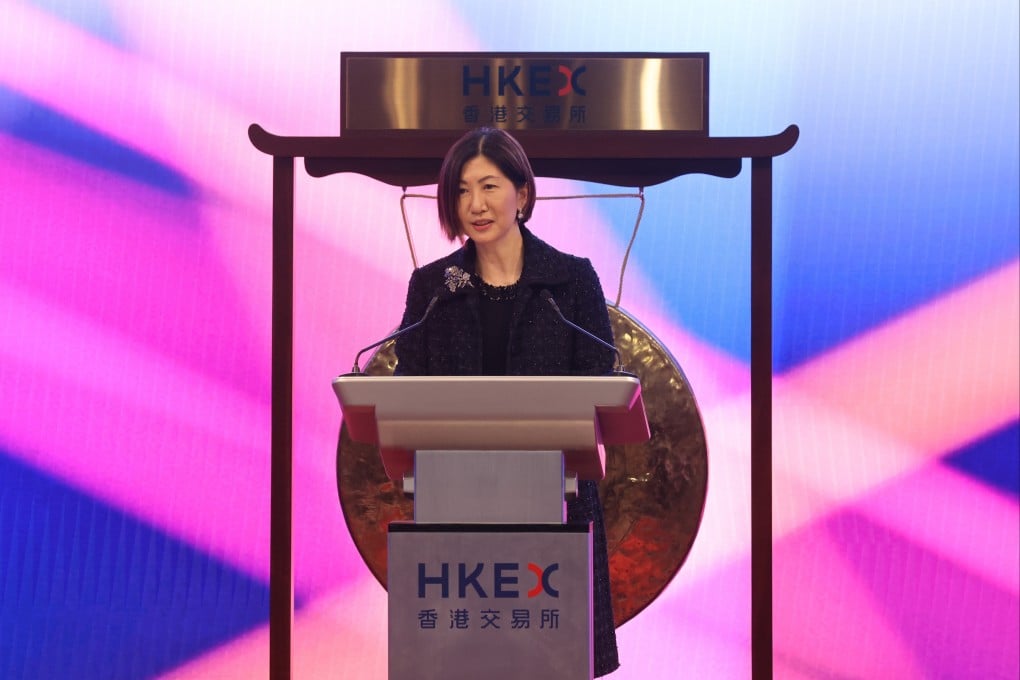Macroscope | How stock exchanges can help Asia be a leader on gender equality and diversity
- Stock exchanges have a critical role to play in convincing companies to support sustainable development and drive inclusive growth
- Their influence on markets can also help rally the private sector to increase women’s participation in business and close the gender pay gap

However, the region still lags behind on many gender-related market metrics. Calls for greater diversity from policymakers, regulators, shareholders and civil society will only grow louder as sustainability and inclusion move up the public agenda.
These companies need nudging, though. This is where stock exchanges have a critical role to play. Throughout March, stock exchanges around the world will ring the bell – or strike the gong, in Hong Kong’s case – for the “Ring the Bell for Gender Equality” event.
Held in partnership with the International Finance Corporation (IFC), World Federation of Exchanges, UN Sustainable Stock Exchanges (SSE) Initiative, UN Global Compact and UN Women, this annual event aims to raise awareness about the business case for women’s economic empowerment and opportunities for the private sector to advance gender equality and sustainable development.

